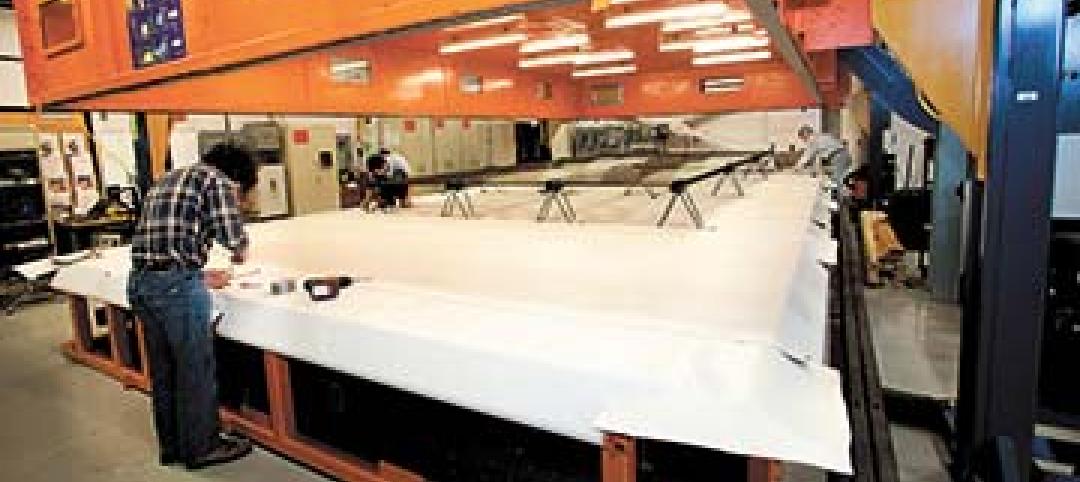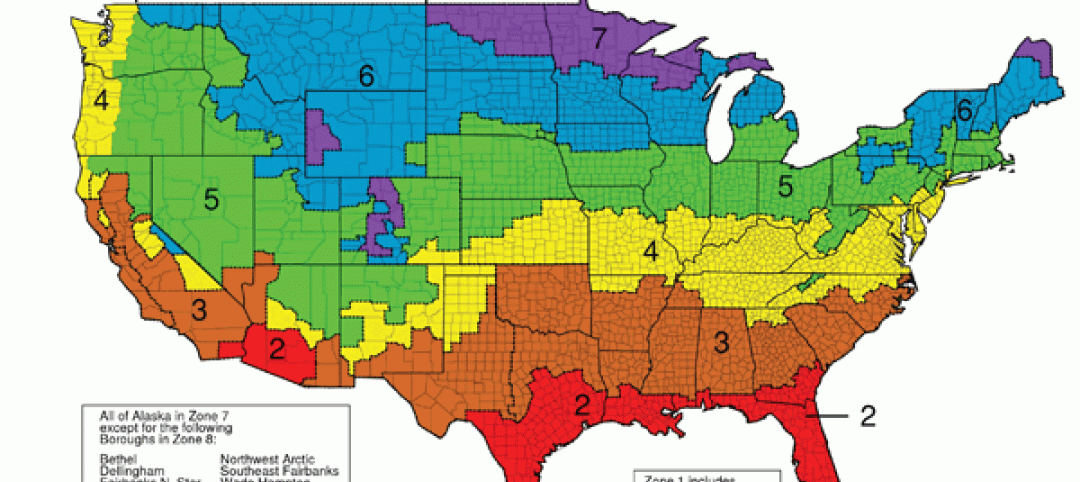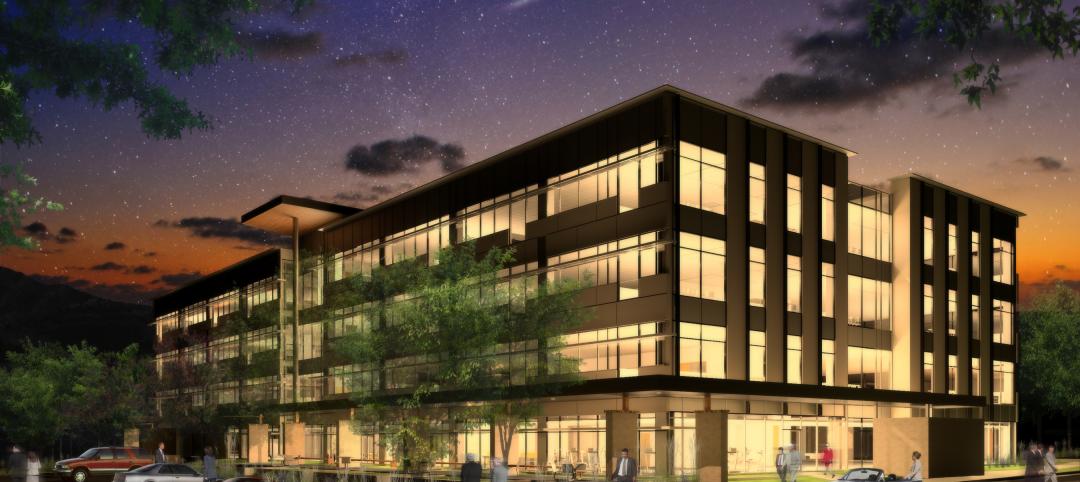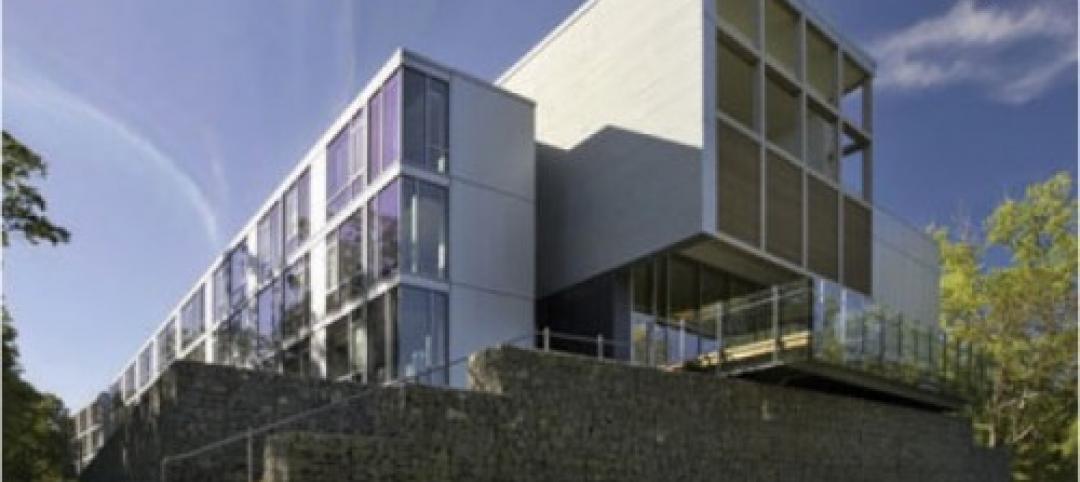Although the Covid pandemic has sapped life from urban cores, city planners say they won’t change their approach to planning for these vital centers, according to researchers at the University of Waterloo in Canada. City living has been radically changed by the pandemic, but planners surveyed by the university expect a return to the “old normal.”
“Despite calls for greater creativity and innovation, there is essentially no difference between what planners viewed as more important to downtowns pre-and-post the pandemic,” said Pierre Filion, an emeritus professor in the School of Planning at Waterloo. “There will not be any radical transformation of post-pandemic downtowns from the pre-pandemic downtowns of the early 21st century that would change the basic forms and functions.”
Pre-pandemic trends, including increased use of outdoor and green spaces, more mixed-use development—particularly in residential areas—and transportation models friendly to walking and biking, will continue, the survey found. Many proposed recovery policies require government intervention, especially in public-private partnerships and collaborations where no single organizational structure is appropriate, researchers say.
Related Stories
| Jan 23, 2014
About 1,500 concrete buildings in Los Angeles found vulnerable to earthquakes
Some 1,500 concrete structures built in Los Angeles before 1980 could be vulnerable to earthquakes, according to University of California researchers.
| Jan 23, 2014
Low-slope roofs with PVs tested for wind uplift resistance
Tests showed winds can cause photovoltaic panels to destroy waterproof membranes.
| Jan 16, 2014
Bio-based materials could transform the future of sustainable building
Recent winners of the Cradle to Cradle Product Innovation Challenge include a brick made from bacterial byproducts and insulation created from agricultural waste products.
| Jan 16, 2014
The incandescent light bulb is not dead
Despite misleading media reports, January 1 did not mark a ban on the manufacture or import of 60-watt and 40-watt incandescent bulbs.
| Jan 16, 2014
ASHRAE revised climatic data for building design standards
ASHRAE Standard 169, Climatic Data for Building Design Standards, now includes climatic data for 5,564 locations throughout the world.
| Jan 15, 2014
ConsensusDocs releases updated subcontract for federal work
The new version addresses recent changes in federal contracting.
| Jan 15, 2014
First quarter 2014 LEED rating system addenda now available
There are 71 new LEED Interpretations, including 65 for Homes and Multifamily Midrise.
| Jan 10, 2014
What the states should do to prevent more school shootings
To tell the truth, I didn’t want to write about the terrible events of December 14, 2012, when 20 children and six adults were gunned down at Sandy Hook Elementary School in Newtown, Conn. I figured other media would provide ample coverage, and anything we did would look cheap or inappropriate. But two things turned me around.
| Jan 8, 2014
Strengthened sprinkler rules could aid push for mid-rise wood structures in Canada
Strengthened sprinkler regulations proposed for the 2015 National Building Code of Canada (NBCC) could help a movement to allow midrise wood structures.
| Jan 8, 2014
New materials should help boost sustainability in cities by 2020
Newer developments include windows made with nano-crystals that control intense heat penetration while lighting living areas from the outside.
















